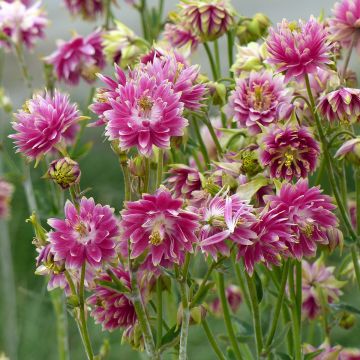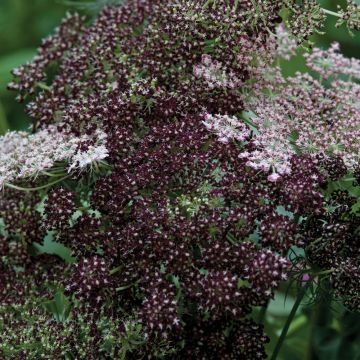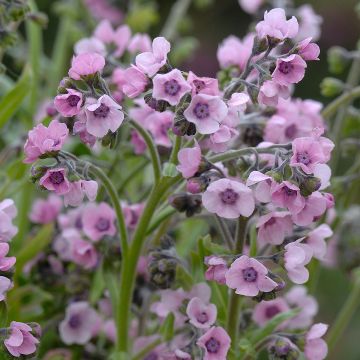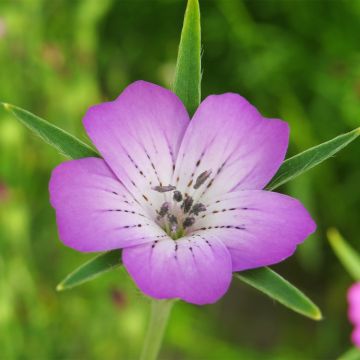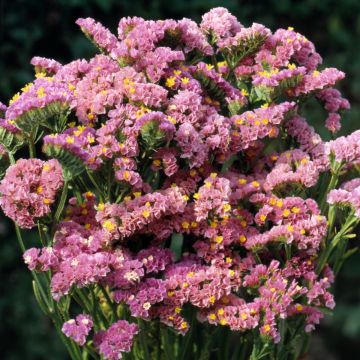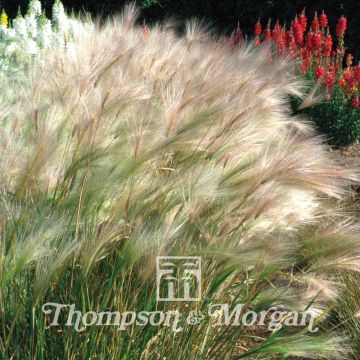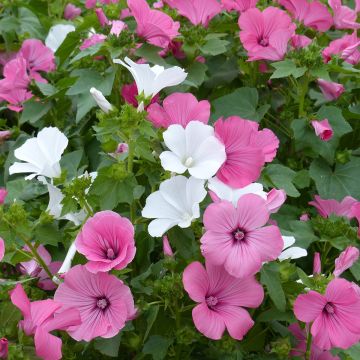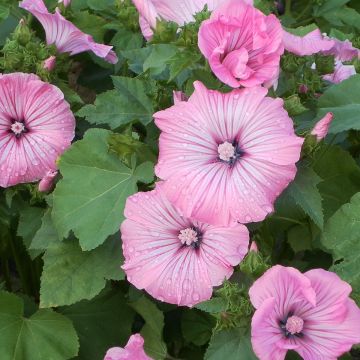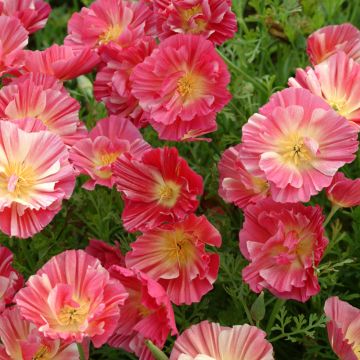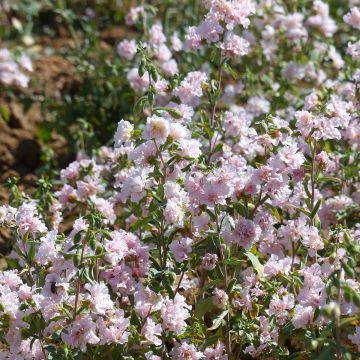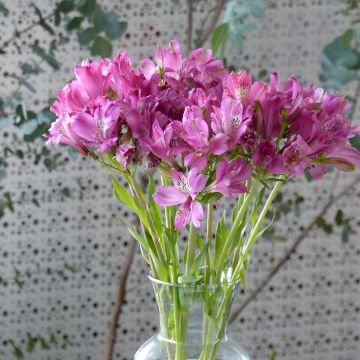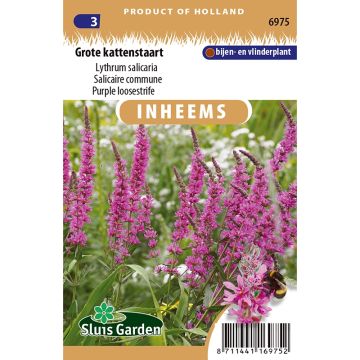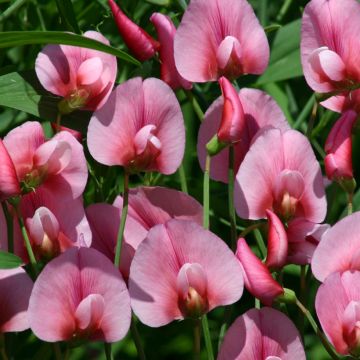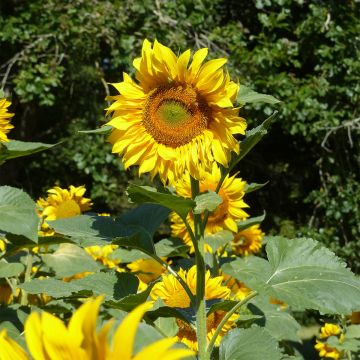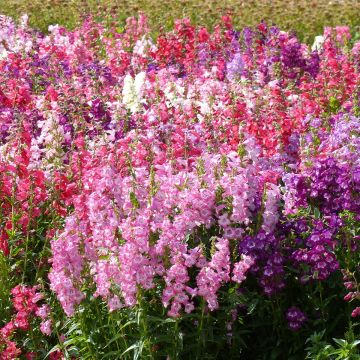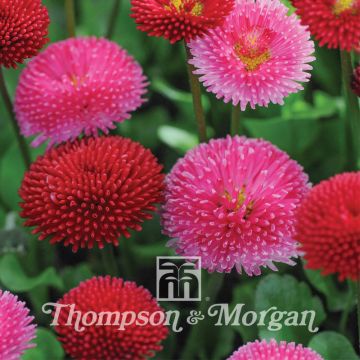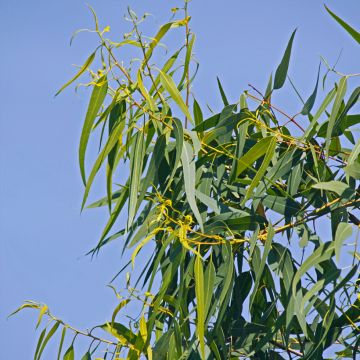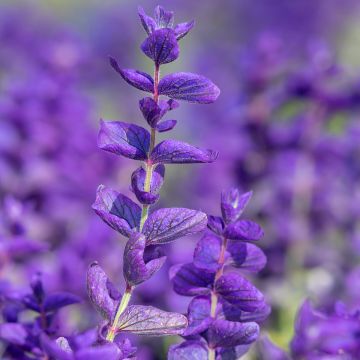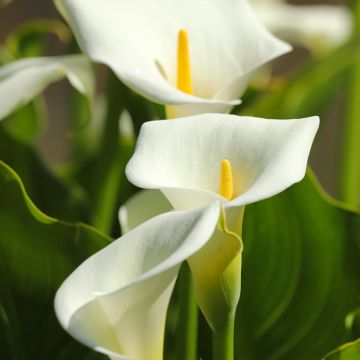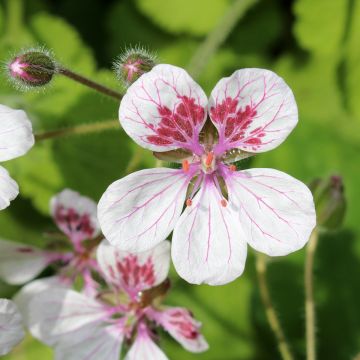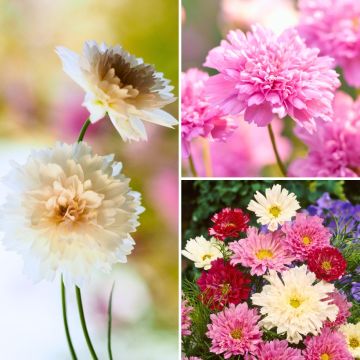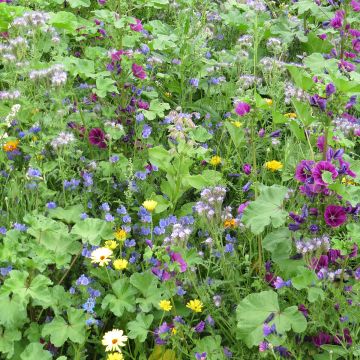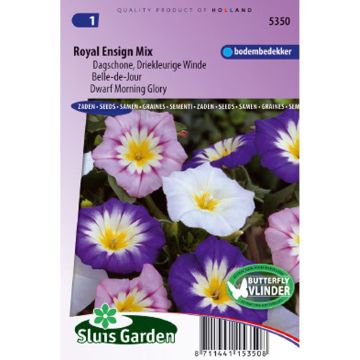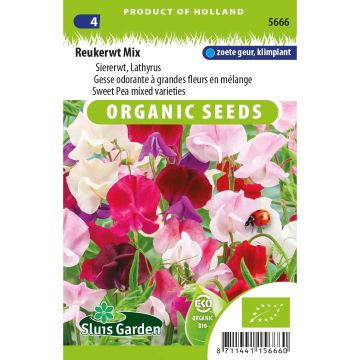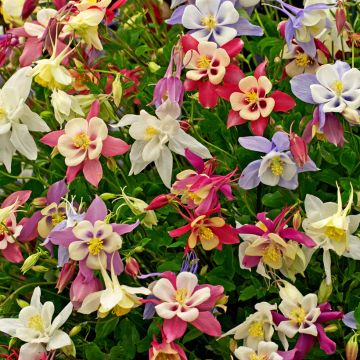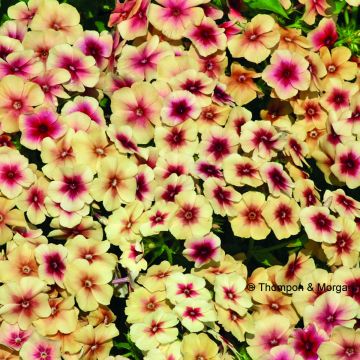Shipping country and language
Your country of residence may be:
Your country of residence is:
For a better user experience on our website, you can select:
Your shipping country:
Andorra
Austria
Belgium
Bulgaria
Canada
Chile
Croatia
Cyprus
Czechia
Denmark
Estonia
Finland
France
Germany
Greece
Hungary
Iceland
Ireland
Italy
Latvia
Lithuania
Luxembourg
Malta
Monaco
Netherlands
Poland
Portugal
Romania
Slovakia
Slovenia
Spain
Sweden
Switzerland
United Kingdom
We only deliver seed and bulb products to your country. If you add other products to your basket, they cannot be shipped.
Language:
French
German
Spanish
English
My Account
Hello
My wish lists
Plantfit
Log in / Register
Existing customer?
New customer?
Create an account to track your orders, access our customer service and, if you wish, make the most of our upcoming offers.
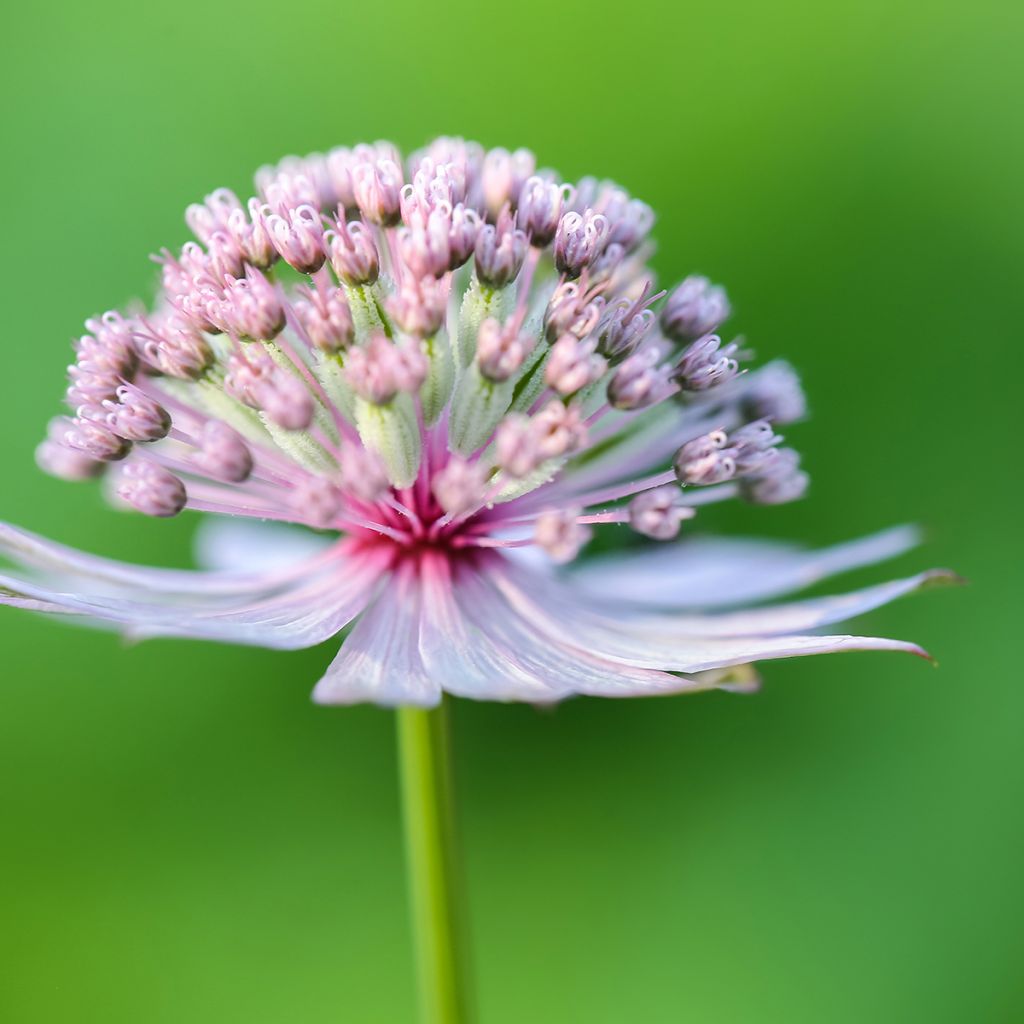

Astrantia major - Great Masterwort
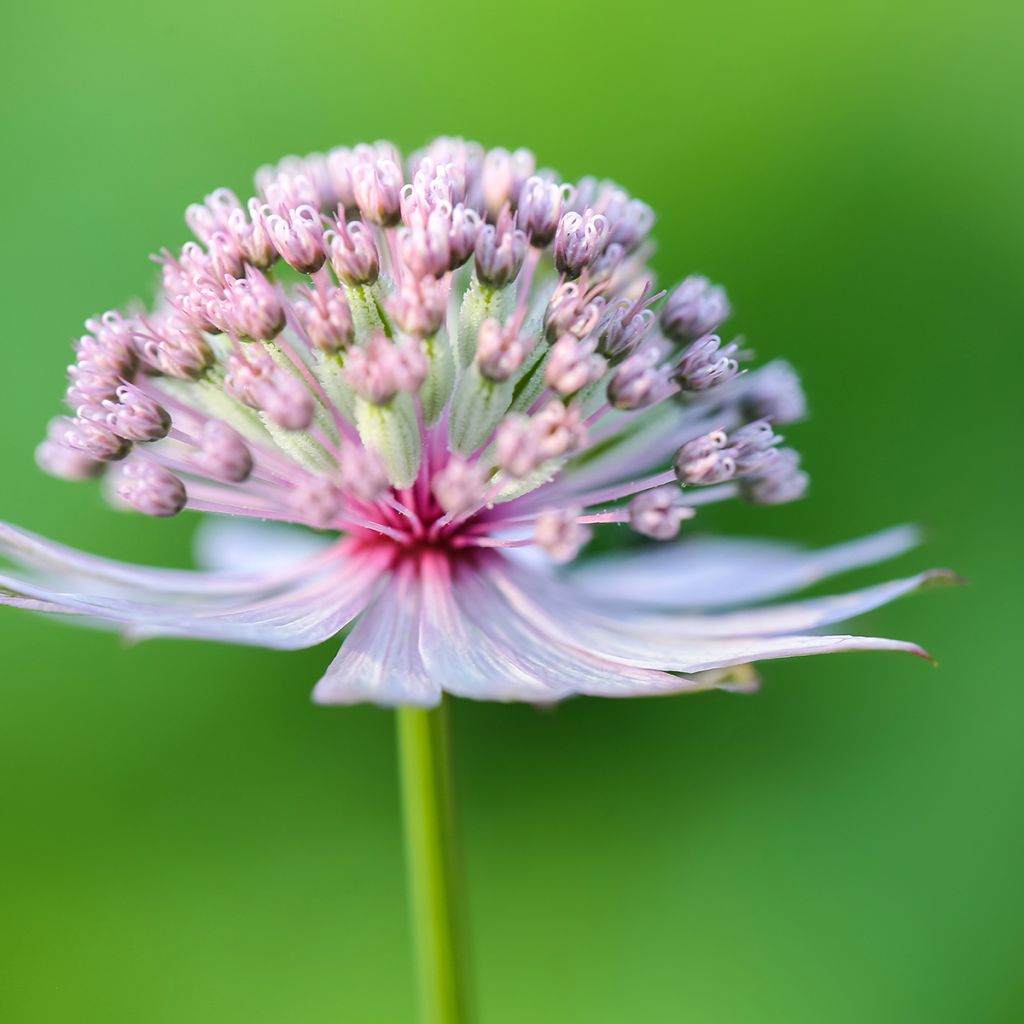

Astrantia major - Great Masterwort
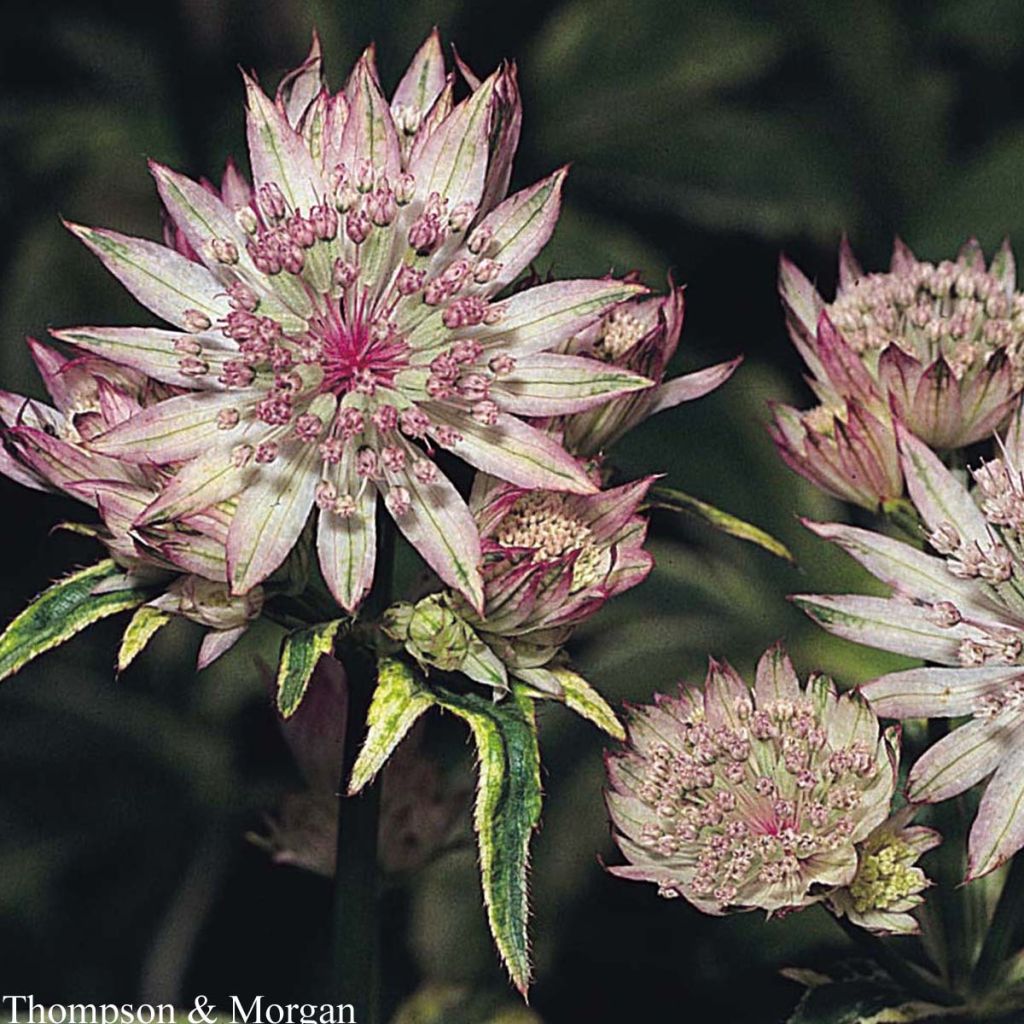

Astrantia major - Great Masterwort
Astrantia major - Great Masterwort
Astrantia major
Great Masterwort
Nothing but leaves...
Herve gilles, 25/10/2016
Why not try an alternative variety in stock?
View all →Order in the next for dispatch today!
Dispatch by letter from €3.90.
Delivery charge from €5.90 Oversize package delivery charge from €6.90.
More information
This item is not available in your country.
Schedule delivery date,
and select date in basket
This plant carries a 6 months recovery warranty
More information
We guarantee the quality of our plants for a full growing cycle, and will replace at our expense any plant that fails to recover under normal climatic and planting conditions.
Seed-only orders are dispatched by sealed envelope. The delivery charge for seed-only orders is €3.90.
Does this plant fit my garden?
Set up your Plantfit profile →
Description
Greater Masterwort is a perennial plant native to central Europe where it grows in meadows and woodlands.
Its foliage consists of a cluster of palmate leaves with slightly dentate edges, measuring 8 to 15 cm (3 to 6in), from which emerge, from June to August, graceful long stems bearing 3 cm (1in) pink and silver flowers, surrounded by bracts of the same color. The bracts form a collar around the flowers.
The entire flowering plant measures between 60 and 90 cm (24 and 35in) in height and has a width of 50 cm (20in).
The uniqiue colour of Astrantia major and the star-like shape of its flowers are its main decorative features. Its long vase life is particularly appreciated for creating bouquets. Its unique structure allows you to create beautiful Ikebana arrangements. The flowers of Astrantia major can also be dried and used in dried flower compositions.
An ecological asset: Throughout summer, the nectar-rich flowers of Greater Masterwort attract pollinating insects and butterflies to your garden. This is a great way to improve the ecosystem of your garden and promote fruit and vegetable production in your vegetable patch.
Flowering
Foliage
Plant habit
Botanical data
Astrantia
major
Apiaceae
Great Masterwort
Central Europe
Other Thompson and Morgan seeds
Planting and care
Sow Greater Masterwort from February to July in a seed tray. Use good quality soil. Sow your seeds by broadcasting them. Cover the seeds by sprinkling soil or vermiculite on top, lightly press down and water generously with a fine mist. Place your seed tray in a well-lit area, without direct sunlight, at a temperature of 15°C (59°F) to 18°C (64.4°F) for 2 weeks. Then place your seed tray in the bottom of the fridge at 5-6°C (41-42.8°F) for 6 weeks. Before the end of this period, if you see the seeds germinate, take the tray out of the fridge and place it back at 15-18°C (59-64.4°F), otherwise wait until the end of the 6-week fridge period to take them out.
The seeds will take 4 to 5 weeks to germinate. As soon as the plants are manageable, transplant them into 7cm (3in) pots. Then, 15 days before their final placement, start gradually acclimatizing them to a temperature of 10°C (50°F).
By the end of May or early June, the temperature in the garden will be warm enough to plant your young plants. Choose a shaded location. Add a good handful of compost to each planting hole. Space your plants 30 cm (12in) apart.
Regularly remove faded flowers to maintain beauty and promote renewal.
Sowing period
Intended location
- , onOrder confirmed
Reply from on Promesse de fleurs
Flower seeds
Haven't found what you were looking for?
Hardiness is the lowest winter temperature a plant can endure without suffering serious damage or even dying. However, hardiness is affected by location (a sheltered area, such as a patio), protection (winter cover) and soil type (hardiness is improved by well-drained soil).

Photo Sharing Terms & Conditions
In order to encourage gardeners to interact and share their experiences, Promesse de fleurs offers various media enabling content to be uploaded onto its Site - in particular via the ‘Photo sharing’ module.
The User agrees to refrain from:
- Posting any content that is illegal, prejudicial, insulting, racist, inciteful to hatred, revisionist, contrary to public decency, that infringes on privacy or on the privacy rights of third parties, in particular the publicity rights of persons and goods, intellectual property rights, or the right to privacy.
- Submitting content on behalf of a third party;
- Impersonate the identity of a third party and/or publish any personal information about a third party;
In general, the User undertakes to refrain from any unethical behaviour.
All Content (in particular text, comments, files, images, photos, videos, creative works, etc.), which may be subject to property or intellectual property rights, image or other private rights, shall remain the property of the User, subject to the limited rights granted by the terms of the licence granted by Promesse de fleurs as stated below. Users are at liberty to publish or not to publish such Content on the Site, notably via the ‘Photo Sharing’ facility, and accept that this Content shall be made public and freely accessible, notably on the Internet.
Users further acknowledge, undertake to have ,and guarantee that they hold all necessary rights and permissions to publish such material on the Site, in particular with regard to the legislation in force pertaining to any privacy, property, intellectual property, image, or contractual rights, or rights of any other nature. By publishing such Content on the Site, Users acknowledge accepting full liability as publishers of the Content within the meaning of the law, and grant Promesse de fleurs, free of charge, an inclusive, worldwide licence for the said Content for the entire duration of its publication, including all reproduction, representation, up/downloading, displaying, performing, transmission, and storage rights.
Users also grant permission for their name to be linked to the Content and accept that this link may not always be made available.
By engaging in posting material, Users consent to their Content becoming automatically accessible on the Internet, in particular on other sites and/or blogs and/or web pages of the Promesse de fleurs site, including in particular social pages and the Promesse de fleurs catalogue.
Users may secure the removal of entrusted content free of charge by issuing a simple request via our contact form.
The flowering period indicated on our website applies to countries and regions located in USDA zone 8 (France, the United Kingdom, Ireland, the Netherlands, etc.)
It will vary according to where you live:
- In zones 9 to 10 (Italy, Spain, Greece, etc.), flowering will occur about 2 to 4 weeks earlier.
- In zones 6 to 7 (Germany, Poland, Slovenia, and lower mountainous regions), flowering will be delayed by 2 to 3 weeks.
- In zone 5 (Central Europe, Scandinavia), blooming will be delayed by 3 to 5 weeks.
In temperate climates, pruning of spring-flowering shrubs (forsythia, spireas, etc.) should be done just after flowering.
Pruning of summer-flowering shrubs (Indian Lilac, Perovskia, etc.) can be done in winter or spring.
In cold regions as well as with frost-sensitive plants, avoid pruning too early when severe frosts may still occur.
The planting period indicated on our website applies to countries and regions located in USDA zone 8 (France, United Kingdom, Ireland, Netherlands).
It will vary according to where you live:
- In Mediterranean zones (Marseille, Madrid, Milan, etc.), autumn and winter are the best planting periods.
- In continental zones (Strasbourg, Munich, Vienna, etc.), delay planting by 2 to 3 weeks in spring and bring it forward by 2 to 4 weeks in autumn.
- In mountainous regions (the Alps, Pyrenees, Carpathians, etc.), it is best to plant in late spring (May-June) or late summer (August-September).
The harvesting period indicated on our website applies to countries and regions in USDA zone 8 (France, England, Ireland, the Netherlands).
In colder areas (Scandinavia, Poland, Austria...) fruit and vegetable harvests are likely to be delayed by 3-4 weeks.
In warmer areas (Italy, Spain, Greece, etc.), harvesting will probably take place earlier, depending on weather conditions.
The sowing periods indicated on our website apply to countries and regions within USDA Zone 8 (France, UK, Ireland, Netherlands).
In colder areas (Scandinavia, Poland, Austria...), delay any outdoor sowing by 3-4 weeks, or sow under glass.
In warmer climes (Italy, Spain, Greece, etc.), bring outdoor sowing forward by a few weeks.
